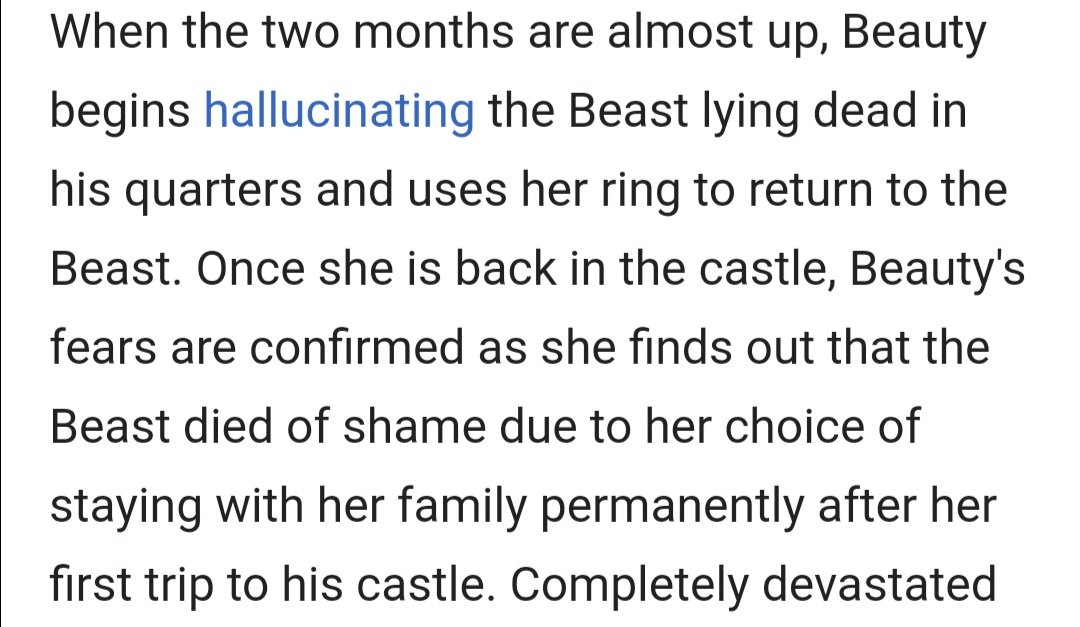
A thread about how to read properly
One of the most insidious faults encouraged by modern education is the tendency to immediately dismiss the points of authors whose train of logic isn't apparent to the reader.
1/?
One of the most insidious faults encouraged by modern education is the tendency to immediately dismiss the points of authors whose train of logic isn't apparent to the reader.
1/?
We assume that "oh, he was just a diversity hire/old racist/etc." and therefore that there was no train of logic to begin with. It's transparent propaganda and, deep in the Republican party headquarters or the SPLC, that those people would freely admit that they're grifters. 2/?
Not without reason because there are, of course, a few people like Chris Rufo or Arthur Chu who openly admit they have no principles but winning. But their admission demonstrates uncommon stupidity on itself. Most genuine idiots (e.g
John Rawls) honestly believe. 3/?
John Rawls) honestly believe. 3/?
This is insidious because we all say "of course, I can see those libs/chuds doing that stuff all the time" and the seeming blatant nature of the error puts us off-guard from making it ourselves. 4/?
Let me give you an example of catching myself in one of these errors and why I almost didn't see it: on the recommendation from people in my twitter network, I started reading Paul Gottfried's "After Liberalism." 5/?
I came into it as a hostile reader because, as I have said before, I don't believe the modern regime is a qualitatively different thing than the liberal regimes that, we all agree, dominated the 19th century. 6/?
And this is where the insidious part begins, because I had tacitly convinced myself "I know I am hostile to this thesis and will give it the benefit of the doubt. Bc I am being diligent against biases, anything I disagree with after self-correction is *likely to be wrong*" 7/?
So, when I see Gottfried wrote that the break with Liberalism in the early 20th century is due to universal suffrage+welfare system, I felt proud for catching myself thinking "libs have been expanding the electorate for centuries and we've had welfare since the bronze age" 8/?
I thought "aha, I have caught myself reflexively dismissing the author, I shall wait to see if he addresses the reform bills etc." When he did not, I felt smug and confident not only for being smarter than the author, but being smarter with humility. 9/?
This is the trap, a fake openness to alternative points of view that is taught under "critical thinking skills" in modern education.
Because, of course, I hadn't thought to wonder if my counter-points were *actually relevant* 10/?
Because, of course, I hadn't thought to wonder if my counter-points were *actually relevant* 10/?
When an author that you _know_ is clever and well-educated never brings up your imagined objection, which is more likely: that *he* overlooked it, or that *you* have overlooked something taken for granted by a superior intellect? 11/?
In these cases, the best thing to ask yourself if you wish to understand why a smart person would make a seemingly dumb point is "what would make his argument right?" 12/?
For example, when Games Workshop invented Warhammer 40k, they asked what could justify what libs call "clerical fascism." One of many answers was "if demons were real and your passions could empower them." Congrats, they now understand so well that fascists love the game. 13/?
In my case, the answer to "why does universal suffrage amount to a regime change when the 1830s didn't?" would be of the leftover groups enfranchised were qualitatively different than those before them. Which they are, as there is a massive difference between 14/?
(to spare you the long process of self-questioning by which I arrived at this) oligarchs/aristocrats selecting *one of their number to office* and dumb, poor, women, etc. WHO COULD NEVER BE ELECTED THEMSELVES participating in the process. 15/?
This is the difference between genuine self-government, going back to Athenian citizens who selected officials from themselves by lot, and... something else. I still am not sure if I can count that something else as post-liberal, but at least I know why someone smart could. 16/?
The great problem in contemporary higher education that causes this is that very frequently the author just _is_ as stupid as first impressions imply. You don't even need to be able to read Greek anymore to be a classicist at Princeton lol
17/?
17/?
...and this contempt for expertise, justified in this sphere as it is, is not easy to mentally compartmentalize. 18/?
This is to say that if you have disdain for *your* professors, it becomes disturbingly easy to have disdain to have disdain for *all* professors. ("Aristotle was obviously wrong about everything."—freshmen) 19/?
In conclusion:
1. Self-correction is not easy and be suspicious if yourself if it seems so.
2. Mass education was a terrible mistake and degree inflation has been a disaster for the intellectual race.
20/20
1. Self-correction is not easy and be suspicious if yourself if it seems so.
2. Mass education was a terrible mistake and degree inflation has been a disaster for the intellectual race.
20/20
• • •
Missing some Tweet in this thread? You can try to
force a refresh








